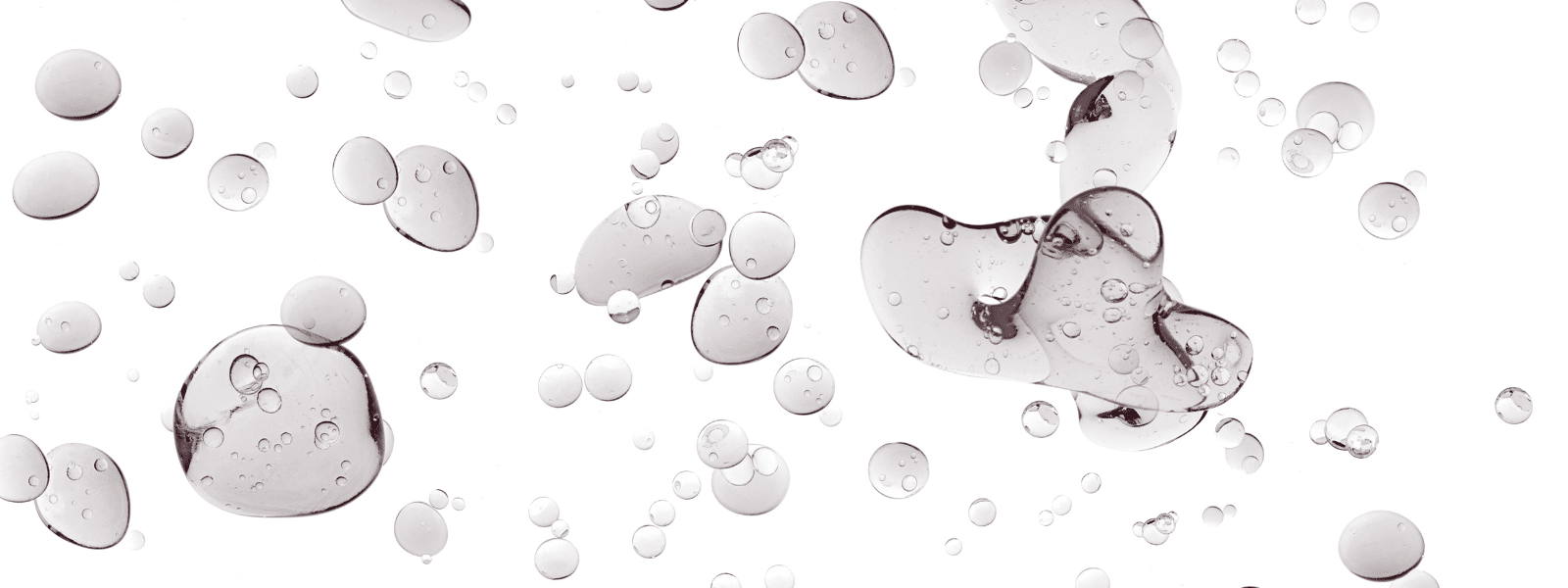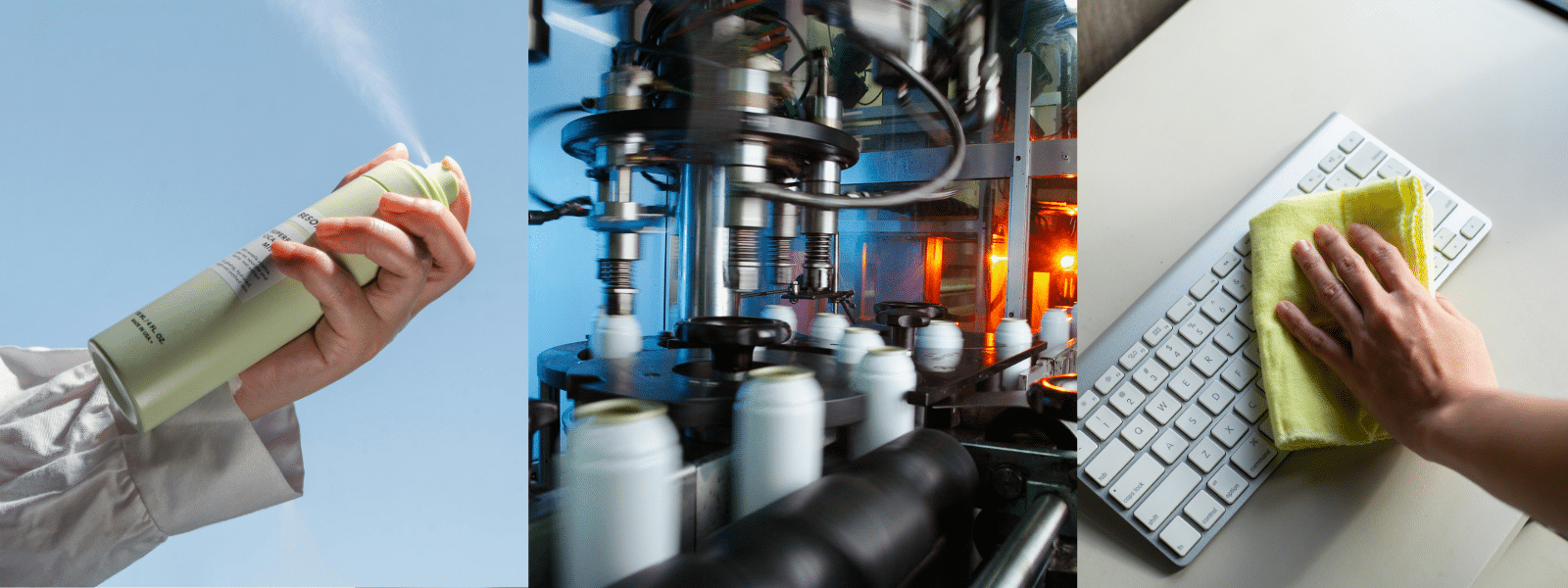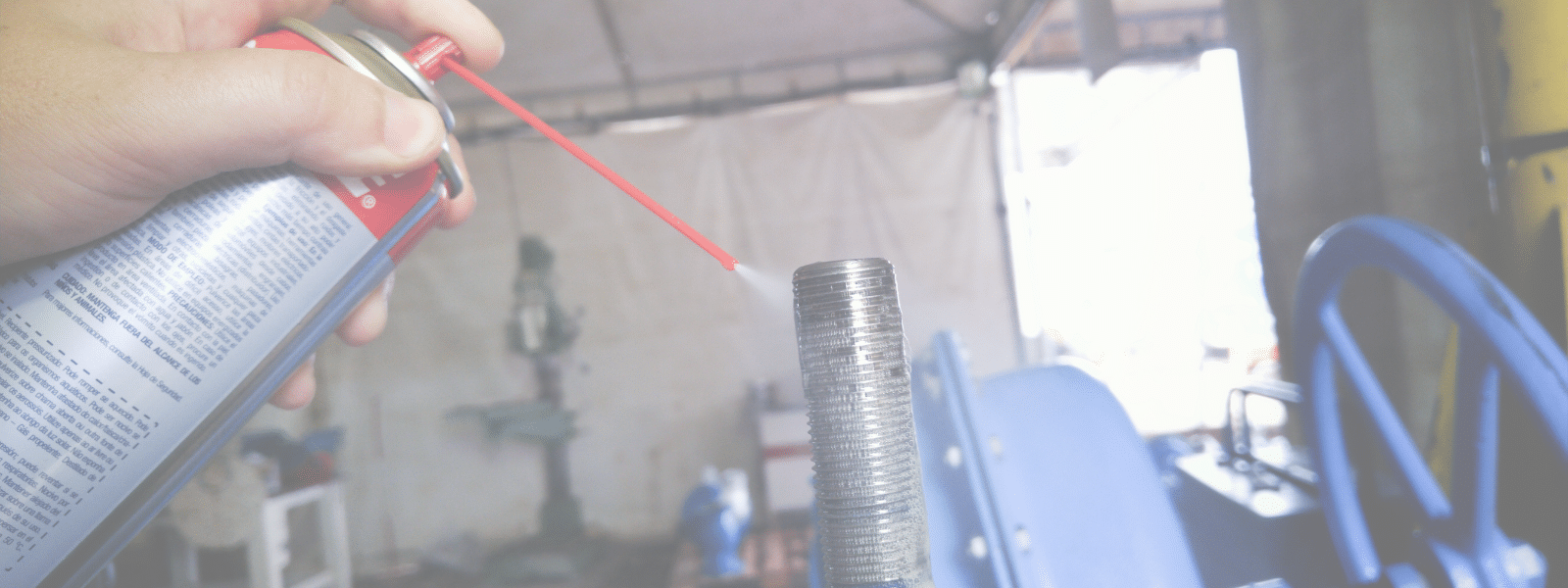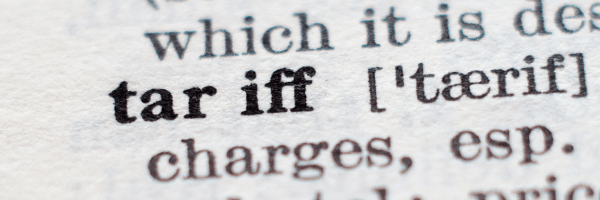[av_textblock size=” font_color=” color=” av-medium-font-size=” av-small-font-size=” av-mini-font-size=” av_uid=’av-q7bgrq’ admin_preview_bg=”]
Methanol Injections To Prevent Hydrate Formation
Thanks to its chemical properties, Methanol can lower the freezing point of a water-based liquid and increase its boiling point, therefore, it is used as an antifreeze to keep cleaning fluids from freeing.
Methanol is used as an inhibitor in natural gas pipelines, especially in cold climate facilities. It is injected in natural gas pipelines or enters the pipeline by methanol drips in order to reduce the freezing point of water during oil and gas transportation. In addition, this chemical is one of the most economical and practical solutions for preventing hydrate formations.
Determination of Methanol Injection Rate
Determining the right amount of Methanol can be challenging because after it is injected Methanol has to go through 3 phases: 1) the aqueous phase which is where the hydrate inhibition occurs 2) the vapor phase which can be calculated with different approaches or formulas 3) the hydrocarbon phase which is the hardest one to predict . The amount of Methanol to be injected has to be enough to replace methanol “losses” resulting from the vapor phase, and in order to suppress hydrate formation in the aqueous phase. The right amount of Methanol to be injected can be calculated by the sum of the calculations of each of these 3 phases. There are different Methods in order to determine the right amount of methanol that should be injected in order to prevent hydrate formation. Engineers are the ones who study these methods and come up with calculations. Normally the calculations that they make are available in tables.
How is Methanol Injected Into Pipelines?
 After the desired dose of Methanol is calculated then the injection process begins. Methanol is injected into pipelines with an injection pump. Many other equipment such as timer in order to control the flow of liquid, a controller for controlling the amount of Methanol that is being used, a temperature sensor, and an electric motor in order to make some of these equipments work.
After the desired dose of Methanol is calculated then the injection process begins. Methanol is injected into pipelines with an injection pump. Many other equipment such as timer in order to control the flow of liquid, a controller for controlling the amount of Methanol that is being used, a temperature sensor, and an electric motor in order to make some of these equipments work.
Interested in Methanol? Please call (800) 563-1305 or send an email to products@ecolink.com
[/av_textblock]















